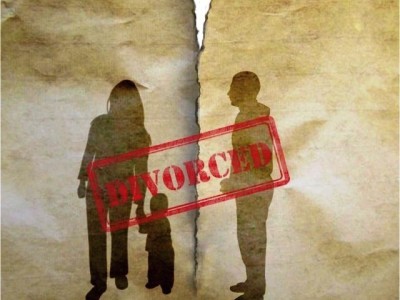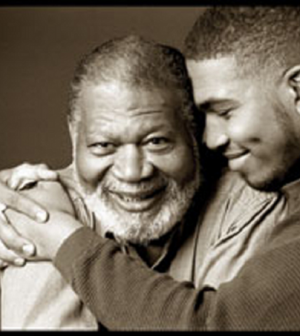Divorce Trauma – Six Tips For Coping
Even the most cooperative and friendly divorce will have its fair share of challenges. Court proceedings can be stressful and expensive. You may worry about your children’s well-being or feel unnecessary guilt your marriage is ending. Here are six ways to cope with the emotional trauma of divorce.
1. Put Yourself First
You’ll have plenty to worry about before your divorce is finalized, but that doesn’t mean you can’t take time for yourself. In fact, you’ll have a hard time taking care of your kids, working, dealing with legalities and figuring out your new financial situation if you don’t make your own well-being a priority.
Start with the basics: do your best to eat healthy, get enough sleep, and stay active. Building on this foundation will make you better able to move forward with confidence.
2. Talk To Someone
It may be difficult to ask for outside help, but you may not be able to weather the storm without support. Talk to close friends, parents, siblings or other relatives. If you are experiencing anxiety or depression, consider enlisting the help of a professional counselor to help you work through this difficult transition.
3. Redefine Yourself
Many married people sacrifice their own interests and desires to make the relationship work, but your options have opened back up. If you were planning to attend graduate school but sacrificed your education to have children, look at taking some classes at a local university. If you were an avid sculptor when you were single but your home didn’t have room for a studio, incorporate a space into your new home or make space in your old home when your ex removes their belongings.
Start a new hobby, make some friends, or join a book club or sports team. You may feel out of place in your newly-divorced life at first, but by rediscovering and redefining yourself, you won’t feel that way for long.
4. Get Away
Some of your friends may tell you not to “run away” from your problems, but if you feel trapped living near your ex (or ex in-laws), going away for a few days may be just what the doctor ordered. Organizations like Lain T. Donnell, a Markham Southern Ontario law firm, have seen cases just like yours and will understand if you need some space. Take a day trip, plan a vacation or sign up for a post-divorce camp.
5. Reach Out
Many divorcees begin to feel lonely when the divorce is over. After living in such close quarters with someone else for years, it can be hard to adjust to having more time alone and less physical contact.
6. Take Things As they Come
When big changes happen, it may be tempting to try and compartmentalize your life. Many divorcees decide to stop looking for (or believing in) love, while others pressure themselves into jumping right back into dating when they aren’t ready for it.
Don’t force yourself into a new relationship. If you are interested in dating, date, but don’t seek a relationship on your kids’ behalf or to appease your mother. Remember that your mental and emotional health are more important than your relationship status.
Every situation will be different. If none of these suggestions is quite right for you, mix and match to come up with a solution tailored to your needs.
Please rate this post using the Stars below. Thank you.






